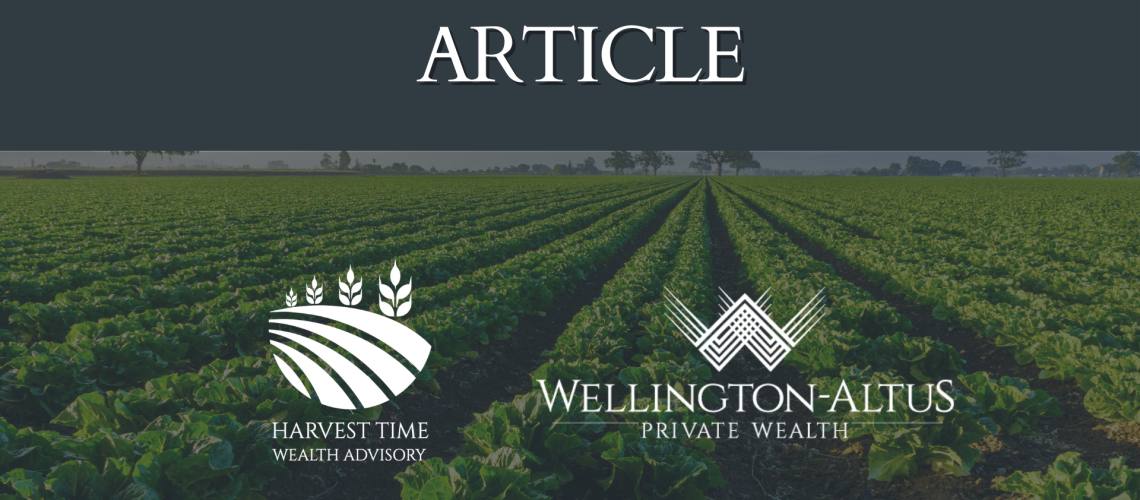Welcome to the summer — and the return of cottage and cabin season! While many of us are eager for some rest and relaxation, cottage and cabin owners may face new concerns due to increases to the capital gains inclusion rate. Looking ahead to when the property is eventually transferred or sold, owners are likely to encounter a higher tax liability. According to some realtors, the spring brought “chaos” as many cottage owners rushed to sell ahead of the June 25th deadline for capital gains tax changes.1 Indeed, one of the most common issues that vacation property owners face is covering a potentially large tax liability triggered upon the sale or transfer of the property, especially if they wish to keep the property in the family. With real estate prices soaring, a cottage or cabin that has a cost base of $500,000 could easily be valued at $1.5 million or more in many markets. Before the recent tax changes, only one-half of the potential $1,000,000 capital gain was subject to tax. Starting on June 25th, for gains over $250,000, two-thirds will be subject to tax. Using a marginal tax rate of 53.5 percent as an example (this will change based on the individual’s taxable income and province of residence), the changes to the capital gains inclusion rate would result in an additional $66,875 tax liability, with a total tax bill of $334,375 or ($250,000 X ½ + $750,000 X ⅔) X 53.5% assuming no other realized gains. This is certainly not insignificant by any means. Are there ways to plan ahead for the potential tax liability? Here are four things to consider:
Invest in life insurance — Insurance has traditionally served as a solution to cover such tax liabilities at death and may be a consideration should you wish to leave the property for the next generation. This involves purchasing a policy with the death benefit equal to the expected tax bill. The proceeds will typically be paid tax free and may avoid probate fees (in provinces where applicable), allowing beneficiaries to cover the tax liability and keep the property in the family. You might even arrange it so that the annual premium cost is paid by the eventual beneficiaries.
Consider use of the Principal Residence Exemption (PRE) — If the property qualifies for the PRE, you may consider designating it as a principal residence. Since only one property you own can be designated in any given year, you will need to decide which to designate; this needs to be determined at the time you dispose of any property you own. While the decision is rarely straightforward and often requires considering multiple factors, such as predictions about the future value of the remaining residence(s), generally, you should consider designating the property with the largest average capital gain per year to reduce the overall tax liability.

Transfer ownership over time, where possible — If you are passing along the family vacation home within the family, you may wish to consider transferring ownership over time to children or other family members. At the time of transfer, a capital gain at fair market value would be triggered on only the portion of the property you transfer, and taxes would be due. For instance, if you were to transfer half of the ownership in the previous example over two different years, you could potentially take advantage of the lower inclusion rate for $250,000 of capital gains each year. Using the 1/2 inclusion rate, instead of the 2/3 inclusion rate, could potentially save $22,292 in taxes. However, consider that each year you delay starting the transfers, you are deferring tax. Be aware that there are costs, complexities and potential consequences to the transfer of property and co-ownership. As such, legal and tax advisors should be consulted before engaging in this planning.
Keep track of capital improvements — Make sure to document all capital improvements that add to the cost of the property, such as renovations, additions or upgrades that increase the property’s value. These can increase the property’s cost base and reduce the capital gain and the resulting tax owed when the property is sold or transferred. Be sure to keep good records and save receipts in the event that they are required by the Canada Revenue Agency.
As always, please seek advice from a tax advisor regarding your particular situation.
1. https://www.theglobeandmail.com/business/article-its-chaos-cottage-owners-rushto-sell-ahead-of-capital-gains-tax/
The information contained herein has been provided for information purposes only. Graphs, charts and other numbers are used for illustrative purposes only and do not reflect future values or future performance of any investment. The information has been provided by J. Hirasawa & Associates and is drawn from sources believed to be reliable. The information does not provide financial, legal, tax or investment advice. Particular investment, tax, or trading strategies should be evaluated relative to each individual’s objectives and risk tolerance. This does not constitute a recommendation or solicitation to buy or sell securities of any kind. Market conditions may change which may impact the information contained in this document. Wellington-Altus Private Wealth Inc. (WAPW) and the authors do not guarantee the accuracy or completeness of the information contained herein, nor does WAPW, nor the authors, assume any liability for any loss that may result from the reliance by any person upon any such information or opinions. Before acting on any of the above, please contact me for individual financial advice based on your personal circumstances. WAPW is a member of the Canadian Investor Protection Fund and the Investment Industry Regulatory Organization of Canada.
Insurance products are provided through Wellington-Altus Insurance Inc.
© 2024, Wellington-Altus Private Wealth Inc. ALL RIGHTS RESERVED. NO USE OR REPRODUCTION WITHOUT PERMISSION.
www.wellington-altus.ca
If you no longer wish to receive commercial electronic messages from Wellington-Altus Private Wealth Inc., please send an email to unsubscribe@wellington-altus.ca



